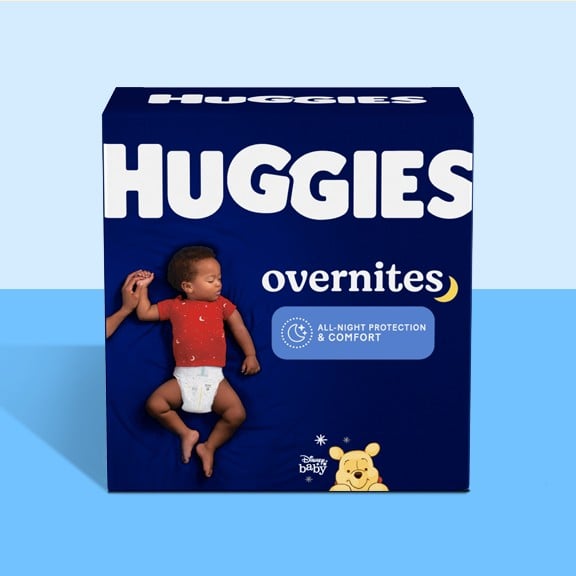Feeding and sleeping at 6 months old
Your baby still needs 3 daytime naps of 1 to 3 hours and up to 10 hours sleep overnight. This may seem like an awful lot, especially if your little one isn’t too enthusiastic about sleep. Try to settle them using the same routine and techniques during the day as you do at night. When parents develop a consistent and calming bedtime routine, babies will relax and know that bedtime or nap time is approaching. These early routines can go a long way towards promoting effective sleep habits for years to come.
Behavior at 6 months old
Read to your baby every day. Watch them as you show them bright pictures and point out familiar scenes to them. Don’t be too critical of yourself when it comes to chatting to your baby—they won’t be.
When you laugh, they will laugh back. You’ll know the little games they like to play and will see them almost anticipate the next step in a game sequence. But your baby’s tolerance for games and interaction will still be short and they will tell you when they have had enough. Breaking their gaze, looking away, becoming irritable, and crying are all signs that it is time to stop and have a change of scenery. Knowing when to stop is as important as initiating a game. Try to be sensitive to your baby’s cues or signals. Being responsive to them will be your baby’s first lesson in how they can develop their own empathy when it comes to relating to other people.
Developmental milestones at 6 months old
Teeth may make an appearance this month so look at your baby’s gums and see if you can see any change in them. The first teeth to erupt are usually the bottom central incisors. Once your baby has a tooth or two, make a point of cleaning them with a toothbrush and a tiny amount (the size of a grain of rice) of fluoride toothpaste every day.
Your baby is learning quickly that those projections at the end of their hands are actually under their control. Their fine-motor pincer grasp still won’t have developed so you will see them “rake” objects into the palm of their hands. Your baby will use both hands equally at this age and it won’t be until they are in their pre-school years that their individual hand dominance will be obvious.
Growth at 6 months old
Keeping well at 6 months old
Many babies have their first cold at around 6 months, much to their parent’s disappointment. It can be scary when your baby gets sick for the first time and seeking reassurance from a healthcare provider is common. Always trust your gut feeling when it comes to having your baby checked. Even though they may seem fine, if you just have a sense that something is not right, this alone can be reason for them to be looked at. A change in feeding, an elevated temperature, rash, vomiting, diarrhea, or general change in their behavior can all be signs that something is not right.
Play and interaction at 6 months old
What about mom?
Your emotions
You may find yourself reflecting on if/when to have another baby. Even though you aren’t likely to be making any firm plans yet, spend some time reflect on the last 6 months and begin talking to your partner. Talk with your obstetrical healthcare provider about ideal timing, preconception care, and any other concerns you might have.
Your sleep needs
If your baby is finally sleeping for a long interval overnight, enjoy the benefits of this yourself. If you still find yourself struggling to keep your eyes open past 8PM, give into your body’s signs that you need to sleep. Some parents experience overwhelming fatigue at this stage and just assume it is from the demands of parenting. But if you still feel exhausted even after getting a reasonable amount of sleep each day, check with your healthcare provider. Thyroid or hormonal imbalance is not uncommon and one of the symptoms is extreme tiredness.
Your relationships
Sometimes one partner can feel left out if they are not the primary caregiver. Make a point of including them in your baby’s care. It’s easy to become so absorbed and immersed in caring for your baby that we can overlook the contribution others can make too. Step back sometimes and try not to always be seen as an expert parent. Babies only benefit from receiving loving care and interaction from lots of people. Although they develop primary, close relationships with their main caregivers, there is a lot of truth in the saying that “it takes a village to raise a child.”
The information of this article has been reviewed by nursing experts of the Association of Women’s Health, Obstetric, & Neonatal Nurses (AWHONN). The content should not substitute medical advice from your personal healthcare provider. Please consult your healthcare provider for recommendations/diagnosis or treatment. For more advice from AWHONN nurses, visit Healthy Mom&Baby at health4mom.org.










